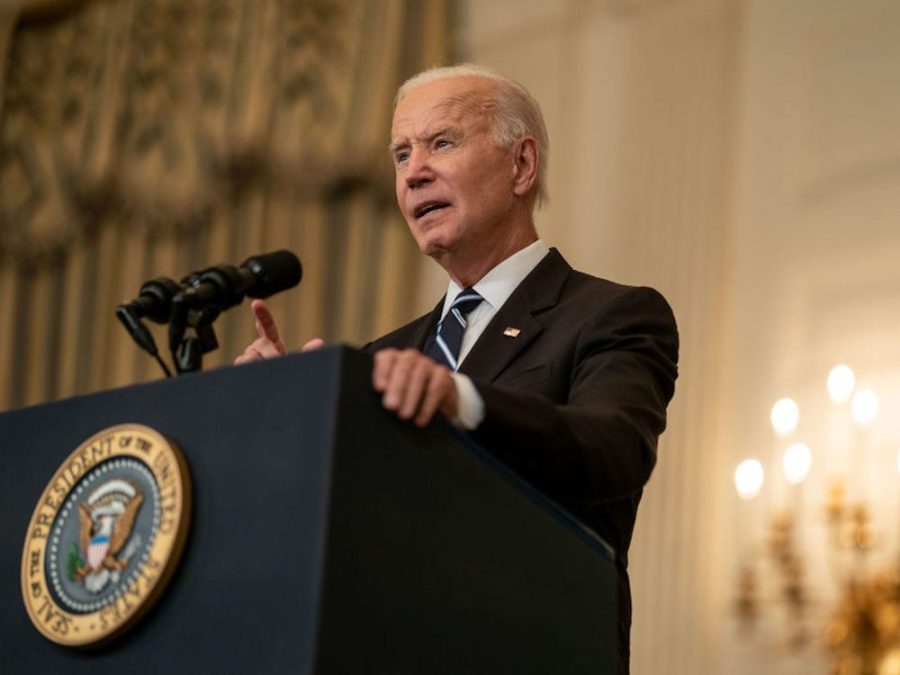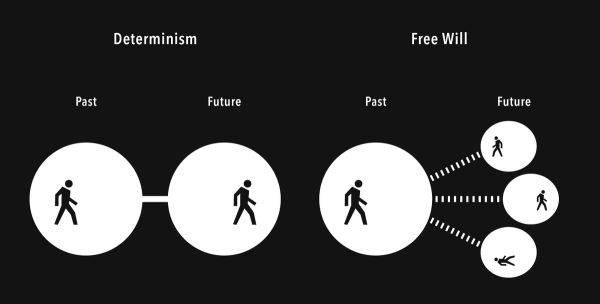Should President Biden Cancel Student Debt?
When Joe Biden was elected as president of the United States last year, he made many sweeping promises to reform America’s welfare system. However, after more than a year of his presidency, many of his policies have not been able to pass through the gridlock in Congress. Despite this struggle, Biden can still use his executive powers to make changes that could benefit struggling Americans. One of the most prominent ideas that many have been pushing for years is the cancellation of student debt. Biden has already proposed a plan that would forgive up to $10,000. Even though Biden has refused to act without the approval of Congress, he has the ability to enact this policy and potentially forgive more through the Department of Education. Canceling student debt nationwide would help reduce inequality while avoiding many of the economic consequences that opponents claim.
Currently, over 45 million Americans owe a collective 1.73 trillion dollars in student debt, and this number continues to increase. On average, people pay over 200 dollars a month to pay off their student loans, which is a large burden for many. While Biden did extend the federal pause on student loan payments, this solution is only temporary and people’s payments will quickly rack up once the pandemic ends. In order to combat this growing crisis, Senators Elizabeth Warren and Ed Markey proposed a bill that would forgive up to $50,000 in student loans, but this has yet to gain any traction. Passing this policy on the executive level would take major steps towards reducing economic inequality, particularly among people of color. In fact, 90% of Black students take out student loans in order to afford college, compared with only 60% of white students. Therefore, forgiving student debt would help low-income students of color substantially more than it would help higher-income white students. Under Warren’s plan, Black households would have 30 times more debt canceled than wealthy white households. Many opponents of this policy argue that it would benefit wealthy white people the most and actually make inequality worse. However, the wealthiest 10 percent of households would only have $562 canceled on average, which is almost nothing compared to $17,366 for the poorest 10 percent of black households. Therefore, student loan forgiveness is a progressive policy that would ease the burdens that many have to go through just to get an education.
Given the current economic crisis we are experiencing with rising inflation and supply chain problems, many are hesitant to pass a policy such as forgiving student debt that could give consumers more incentive to spend. However, this argument isn’t backed up by any data. While it is difficult to know what would happen, since nothing on this scale has been done before, a 2019 Harvard paper collected data on the behavior of debtors when their loans are forgiven. This study found that after their loans were forgiven, debtors were most likely to use their money to pay off other outstanding bills, making them less likely to default on other accounts. They also increase their income by more than $4,000 over a three-year period, indicating that a nationwide policy to forgive student loans will likely have a major impact on improving social mobility. It will also likely not impact inflation, as people with student loans are more likely to use the additional income to pay off other outstanding debts rather than frivolously spending it. Overall, giving people the ability to pay off debts and improve their financial standing is a net win for all parties involved, and Biden shouldn’t have to worry about worsening the current economic crisis.
While more sweeping policies are needed to reform our unequal education system, forgiving student loans would be a good first step to help Americans who are suffering as a result of it. If Biden wants to get out of his recent approval rating slump, passing a policy that would directly impact Americans would be a solid starting point.
Sources:
The debate over Joe Biden canceling student debt, explained
Second Chance: Life Without Student Debt

Grade: 12
Years on Staff: 4
Why are you writing for the Flintridge Press?
Writing crosswords allows me to express creativity through the clues...







